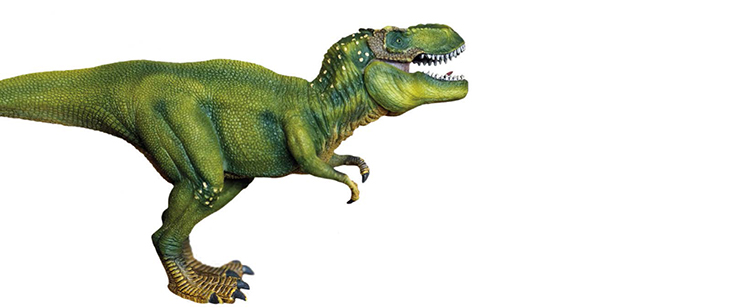
The media is full of Chris Jordan’s famous pictures of seagull carcasses with their stomachs full of bottle caps, tubes and other plastic paraphernalia. Documentaries denouncing the indecent plastic pollution afflicting our planet, like A Plastic Ocean by Craig Leeson, have been watched by millions of viewers. Maps and data on islands of waste floating in the oceans are everywhere on social media, together with dramatic calls to get rid of microplastics from the oceans. The risk of finding considerable amounts of plastic in our stomachs, ingested via the fish we eat, is discussed during meals by people that are usually not that concerned with environmental issues. Oil is out of luck. After coming under fire for its contribution to greenhouse gas emissions it is now being targeted for the impacts of its more noble product: polymers.
Every year Europeans produce 25 million tonnes of plastic waste, yet less than 30% is collected for recycling. In the USA almost 91% of plastic ends up in landfills or waste incinerators. Worldwide, plastic represents 85% of the waste found on beaches. Since 1950 we have produced 8.3 billion tonnes of plastic, and according to a study conducted by the University of Georgia and California: if we don’t move on from business as usual practices, we’ll end up producing 34 billion tonnes of plastic before 2050, of which 11 billion tonnes will either end up in landfills or be discarded into the environment.
This immense amount of plastic material reaches people’s lungs and tables, thanks to microplastics that can be found in the air, in water and in food; and whose effects on human health are still unknown. Frans Timmermans, First Vice-President of the European Commission, and the man responsible for sustainable development, declares that: “If we don’t change the way we produce and use plastic materials, there will be more plastic than fish in our oceans by 2050. We have to stop plastic from reaching our water and our food, as well as our organism. The only long-term solution is to reduce plastic waste by recycling and reusing more.” He was immediately echoed by UNEP director Erik Solheim, who thundered: “Today plastic pollution is one of the biggest environmental threats.” He added that it is an urgent issue worldwide, demonstrating that it occupies a special place in the United Nations agenda.
So what else can we do? Plastic is an extremely functional material, so much so that today it cannot be substituted in many fields and cannot be decommissioned easily. Above all, the real problem is our management and behaviour with regards to plastic. As always we need cleverness, foresight, civic participation and design. We have to get rid of all the plastic that isn’t essential. From bags and straws, to cups and superfluous packaging: if we put our mind to it many objects could be replaced before the end of 2020. On the one hand, we need to reduce the use of some objects, and on the other we need to rethink some uses, and work on cultural habits. In some fields, the presence of plastic is so widespread that it becomes difficult to imagine the use of other materials, even when it is possible and convenient. And by convenient we are not only referring to the economic aspect, but also from an environmental point of view.
Undoubtedly, a tax on single-use plastic could be an interesting tool. The European Union is discussing this possibility, and it is something that could also be applied in the USA and in various Asian countries like China, the biggest plastic producer in the world.
The EU has suggested an 80 cents a kilo “offer,” to mitigate the impact of plastic (and to recover some money to compensate the missing revenue caused by Brexit). Will this cause anger? For sure, like any tax, but it could also help get rid of so much superfluous plastic, and favour its replacement with other materials. At that point the ball would be in the hands of us citizens. In the end it is us as a community that have created this problem, with our passion for comfort and our low awareness of the consequences of a linear economy. Now we know, and we must act. Enjoy the read.
Presentation A Plastic Ocean by Craig Leeson, Hong Kong 2016; www.youtube.com/watch?v=pJpH7BoBc74


